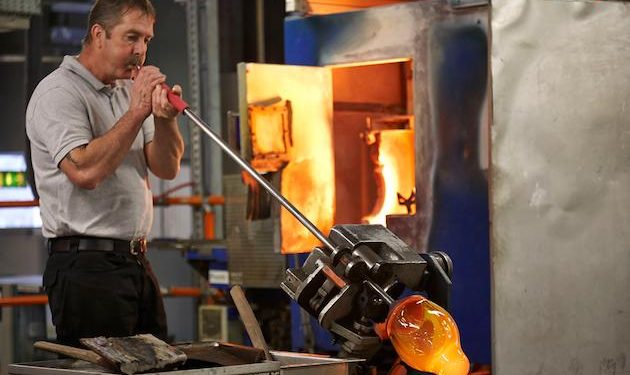- The Irish manufacturing sector continued to strongly rebound in June, as more sectors of the economy reopened and restrictions were eased, according to AIB’s Purchasing Managers’ Index
- The monthly activity in the manufacturing sector indicated that new orders rose at the fastest rate ever, leading to the second-strongest expansion in output
- The PMI of 64 in June was little-changed from May’s all-time high of 64.1 and signaled another rapid improvement in manufacturing conditions
DUBLIN, Ireland: The Irish manufacturing sector continued to strongly rebound in June, as more sectors of the economy reopened and restrictions were eased, according to AIB’s Purchasing Managers’ Index.
The monthly activity in the manufacturing sector indicated that new orders rose at the fastest rate ever, leading to the second-strongest expansion in output.
Growth in backlogs, jobs and purchasing were also close to record levels.
Activity is measured on a scale of 1 to 100, with any figure greater than 50 pointing to an expansion in a particular sector.
This is derived from indicators for new orders, output, employment, suppliers’ delivery times and stocks of purchases.
The PMI of 64 in June was little-changed from May’s all-time high of 64.1 and signaled another rapid improvement in manufacturing conditions.
In comparison, the next-highest PMI readings in the survey history were April’s 60.8 and 59.1 in December 2017.
Since the survey began in 1998, the headline figure has remained steady at 52.0.
On a quarterly basis, the PMI also set a new record high in the second quarter of 2021 at 62.9, above the previous record of 58.6 set in the fourth quarter of 1999.
Oliver Mangan, AIB Chief Economist, said that June was the third consecutive month that the index has been above 60.
“Activity in the sector is clearly picking up strongly as economies re-open following the easing of Covid restrictions in Ireland and elsewhere over the second quarter of the year,” he said.
“Indeed, there is a global boom underway in manufacturing,” he added.
The PMI also indicates that supply chains remain under severe pressure because of Brexit-related customs checks, transport delays in shipping and raw materials shortages.
“These factors, combined with strengthening demand, saw further strong upward pressure on both input and output prices, with rises becoming more broad-based,” said Mangan.






